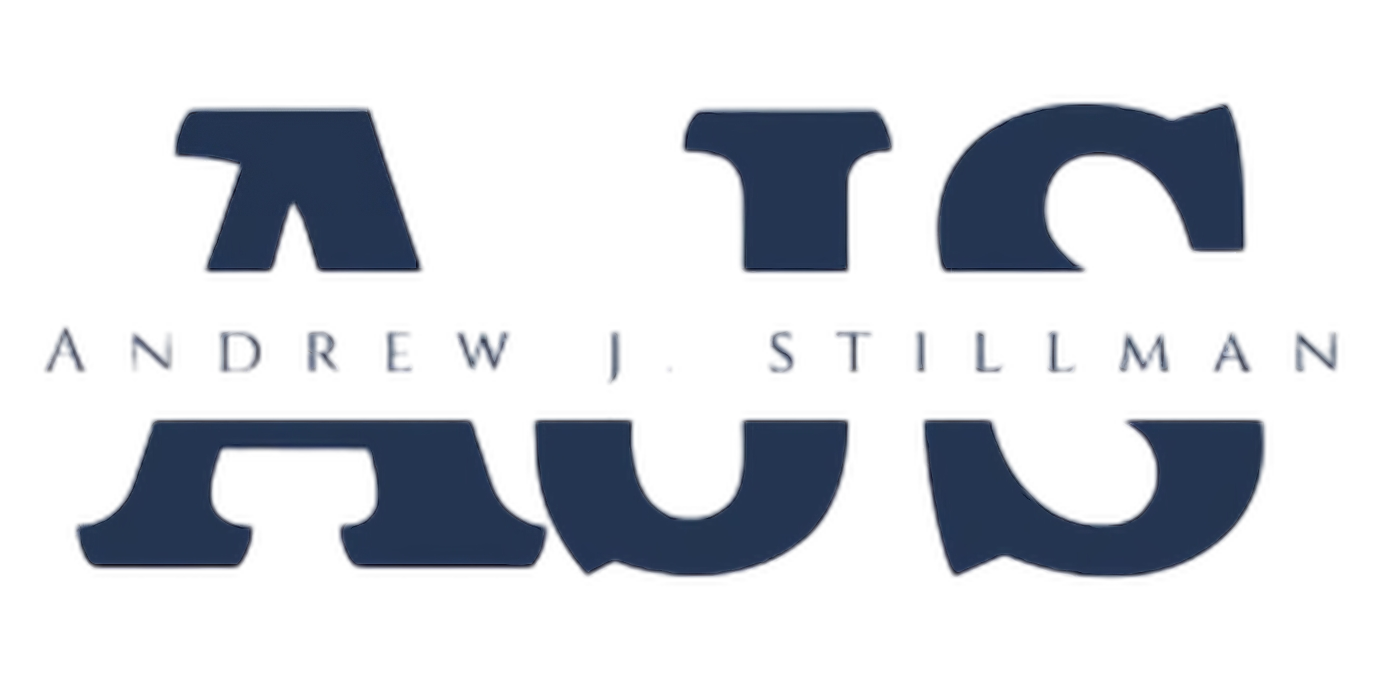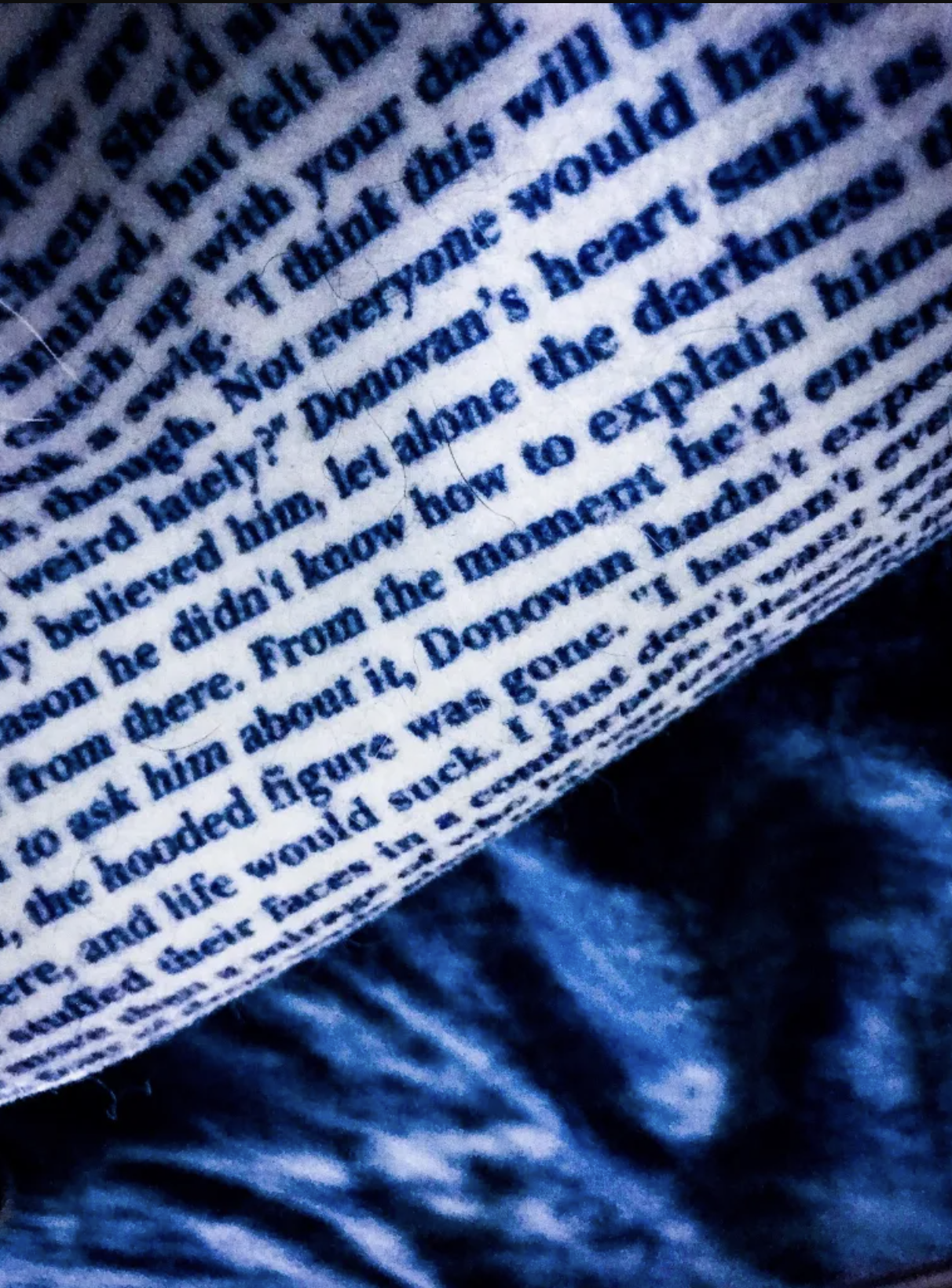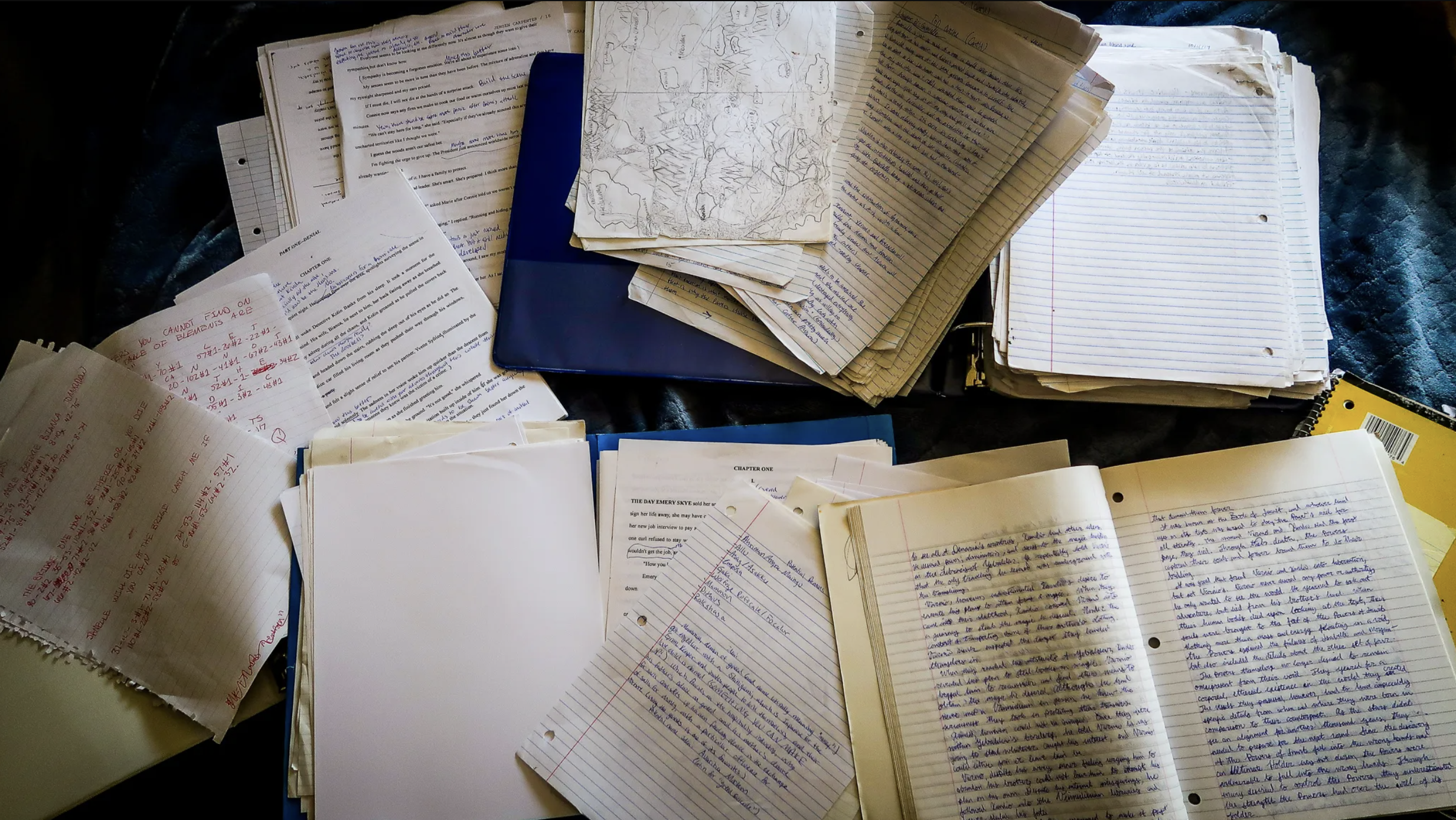4 Questions Every Author Absolutely Hates
1. Where do you get your ideas from?
I'm already dreading this conversation.
2. Can I be in your book?
Slow down, can we at least grab a meal first or something?
3. When is it going to be done?
Hang on, I’m just finishing up my grocery list, it’s basically the same thing so it shouldn’t take me too long.
4. Can I read it?
Oh, okay, wait a minute, now we’re talking. Of course you can read it! I love any feedback given, positive or negative, but especially negative because I need to know everything that doesn’t work, but I also need to hear all of the positives just so I don’t feel like stabbing myself through the eyes later on.
Also, I know I tell you that nothing can harm my feelings and I’m a titan when it comes to emotions, but really any negative thought you have is going to make me think I’ve wasted any second of my life I’ve devoted to the craft, so it’s no pressure or anything, but sure, here, read the first draft…
Talking to an author is tough.
Especially when they have a current work (or works) in progress and may or may not be channeling any thought, feeling, or emotion from any of their characters. It’s even worse when they’re going through a writer’s block and questioning their very existence. It might even be the worst during the editing stages when all of their mistakes are highlighted in red, crossed out and sliced up like a chainsaw blowing away a birthday cake.
But, for budding writers, there are answers to all of the above questions, even though the non-creatives will never understand them.
Let’s start at the top.
My book on a blanket
The Idea
You’ve got 10,000. They’re all pretty much the same, swirling around in the pool of cognizance that is the brain, and the headaches are frequent. You know the only way to silence the voices in your head is to get them out on paper, but who do you listen to first? More importantly, who do you silence forever? And how do you choose? Where do you even begin?
Okay.
Take a breath.
Stand back.
Close your eyes.
Ready?
Grab One!
Just reach right in and take it out. You won’t know if it’s good or bad if all it’s doing is swimming around with the other ones. Imagine yourself standing over a Pensieve-like object (mine is red in this scenario,) and you have a barbecue fork, and you just jab it in, pull out the first thing you stab, and slam in on the table. You’re hungry. You’re ready to eat. This idea will feed you.
Now we begin the dissection.
Whatever you’ve got on the table in front of you is food, as has been established. Mine’s a nice, medium-rare New York strip, and I wanna eat that baby up, but it’s probably the size of both my hamstrings combined and it’s gonna take me a while because that’s a big-ass hunk of meat. There’s also potatoes and veggies and a dessert waiting for me if I’m good.
"But what if the food goes bad?" you ask. "You have to shove it down your throat before it rots."
There's truth to that in general, yes, but this is fiction, and if you're lucky, this turns into more of a continuous pot roast. In fact, the slower you eat, the better. If you're not lucky, the meat and veggies will go bad, you'll have no dessert, and you must then return to the Pensieve-object (not an actual Pensieve because, well, plagiarism, but a bowl of ideas is a little different than a bowl of memories, no?) and pick a new piece, so let’s hope this baby stays good throughout.
Setting up the meal is akin to writing down the idea.
Let’s not get too carried away with this scenario. The steak is great and all (unless you’re a vegetarian/vegan, in which case this could be… broccoli? Just kidding, I know there’s other options), but we’re writing a book here, so let’s not forget what we’ve really come to do.
Anyway.
The point is, you have to start somewhere, even when the idea you’re looking at feels like the meal described above. Sometimes it will work out, and sometimes it won’t, but until you dig in, you’ll never know.
Can I Be in Your Book?
I love this one, because short answer:
Yes.
If you ever interact with me, you’re in my book. Be wary. Be careful. Remember always that I say the one person you never want to piss off is a writer. You can be a hero or a villain, but it’s really up to you to choose.
But, one way or the other, like I said: If we’ve ever met, you’ll be in my book(s). Do with that information what you will.
When is it Going to Be Done?
Whyyyyy???
Hey, remember that little barbecue fork we used earlier? Yeah, could you just do me a quick favor and aim that at my eyeballs and do the dirty work for me, since that’s how that question makes me feel?
Seriously, though, I'll try to put this in terms that make sense.
If you’re wondering how long it will take you to write a book, first start with the following typing test:
For me, on the first round trying out The Wizard of Oz, I had an average of 93 words per minute (yes, I type fast.) I made 4 mistakes to average 89 words per minute.
Side note, the average typing speed is about 40 words per minute, with professionals averaging out 65-75.
All right, so let’s tackle the first draft, then, shall we?
Let’s say you’re somewhere between a noobie and a professional with your typing, and you average 50 words per minute. Depending on the subject matter of your novel, most first-timers won’t get anything more than 100,000 words accepted for publication, so let’s just pretend that your manuscript is projected to be about 94,000 words. At 50 WPM, the first draft would take you about 1,880 minutes, or 31 hours. That’s just under a full 40-hour workweek, and that’s consistent writing. Most writers get out about 1-2000 words at a time, which may take about an hour.
Mind you, that potential 31 hours is just the first draft, and that’s just the typing of it.
That doesn’t even begin to touch character/plot/setting developments done before, during, and after the first writing. Nor does it cover the first round of re-reads, then the first round of line-by-line edits, nor the first revision. It also doesn’t include the second and third line-by-line revisions before you start putting it out to writer’s groups/friends for feedback.
After you sort through all of that, you still have to find an editor to pick out all of your glaring mistakes. Nothing’s better than hearing about a plothole that’ll make you have to rewrite the entire thing from scratch. Plus, once it’s “done,” you’ve got to decide on your method of publishing, self or traditional. Traditional, of course, you’d then have to find an agent to represent you and hope they can sell your book. Self-published and you have an automatic stigma against you. Small press publishers are basically the same thing as opening one yourself, but it’s okay. Easy choices.
So, as I said, it’s basically just like writing a grocery list. I don’t know how I don’t manage to push out a book a week.
Just a wee glimpse into the notes for my current works in progress
Can I Read It?
I reiterate what I said before.
Of course you can read it.
I’m just lying when I say it’s all right if you don’t love it. Yes, our friendship is riding on this. I expect you to lie to me and support me no matter what I’m doing.
But, if I find out you’re lying, you’re really just impeding my progress, aren’t you? Hanging my shitty art on your fridge like a proud parent when you know damn well the product I gave you isn’t worth three cents? How can I trust you if you’re going to blatantly lie to me? If you lie, how will I ever know if people actually like it, or if they’re just saying that so I avoid a meltdown?
How do I know?!
So, yeah, go ahead. Read to your heart’s content. No harm, no foul.
Just remember you’ll be in the book one way or the other, and how you’re represented is totally up to you.



